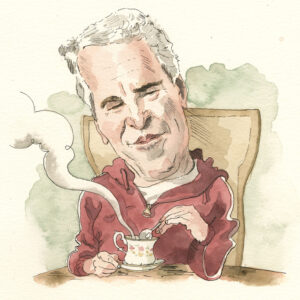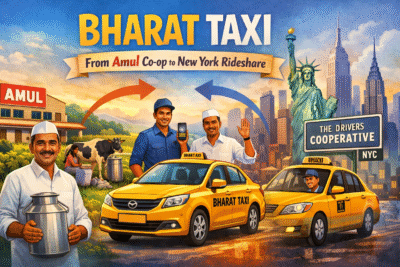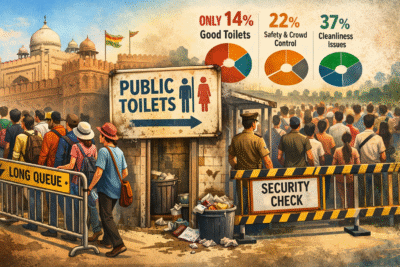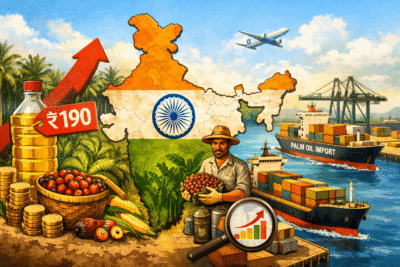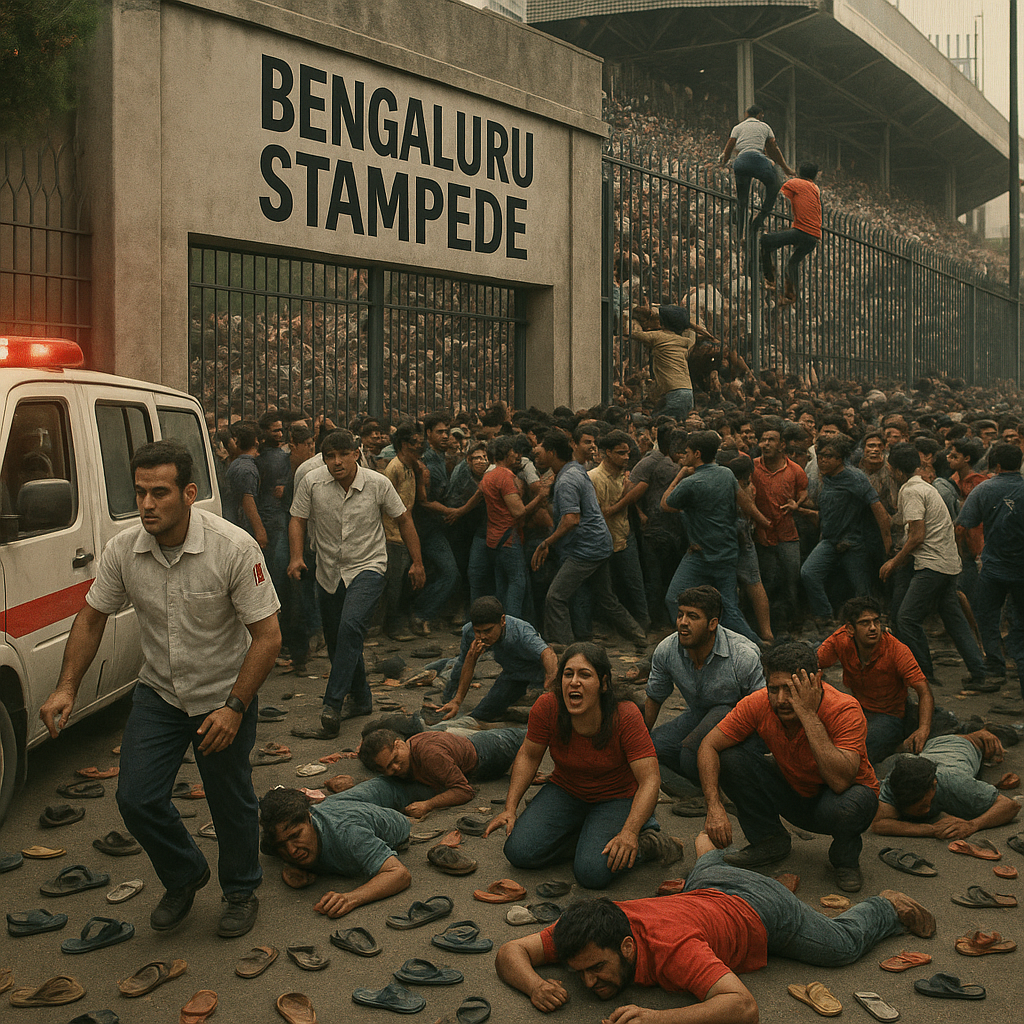
Gautam Gambhir talks about the Bengaluru tragedy that occured on Wednesday (Photo for representation: AI generated)
The Chinnaswamy Stadium stampede occurred on June 4 during celebrations for Royal Challengers Bengaluru’s first Indian Premier League (IPL) title win.
A massive crowd had gathered outside the stadium in anticipation of the team’s arrival and felicitation ceremony.
The event, meant to be a jubilant occasion, turned tragic as crowd control failed, resulting in a deadly stampede.
The flashback
Lakhs of fans converged at the M Chinnaswamy Stadium, far exceeding the venue’s capacity. Confusion over entry passes and a last-minute change in the parade route contributed to chaos at the entry gates. As fans surged forward, police struggled to manage the crowd, and a crush ensued.
Eleven people, most of them young fans, lost their lives, and over 50 others were injured. Emergency services transported the injured to nearby hospitals for treatment.
How the knee jerked
The tragedy drew national attention and widespread condolences, including from Prime Minister Narendra Modi and cricketing icons.
The Karnataka government announced compensation for the families of the deceased and pledged to cover medical expenses for the injured. The Royal Challengers Bengaluru management also offered compensation and amended their celebration plans.
Inquiry fine, but accountability?
In response to the incident, a judicial inquiry commission was established, headed by Justice Michael Cunha. The commission was tasked with investigating the causes, lapses in crowd management, and responsibility for the tragedy.
A First Information Report (FIR) was filed against the organisers for criminal negligence, and several arrests were made. Two senior officials of the Karnataka State Cricket Association resigned on moral grounds.
Report submitted
Justice Michael Cunha met with Chief Minister Siddaramaiah at Vidhana Soudha and submitted the commission’s report on the stampede. The contents of the report is not known in public yet.
The report is expected to address failures in planning, the lack of police consent for the parade, and the role of last-minute announcements on social media that drew massive crowds.
The Central Administrative Tribunal earlier noted that the Royal Challengers Bengaluru did not obtain appropriate police permission for the event, holding them primarily responsible for the uncontrolled gathering.
Case is going on
Legal proceedings continue, with the Karnataka High Court recently barring the police from filing a final report or chargesheet in the case without the court’s permission.
Hearings are ongoing as debates continue over the evidence and accountability of the organisers and event managers.
Beyond Bengaluru
The tragedy has prompted calls for a national framework on crowd safety and legal preparedness for mass public events in India. Lawmakers and sports administrators are being urged to implement stricter protocols to prevent such incidents in the future.
